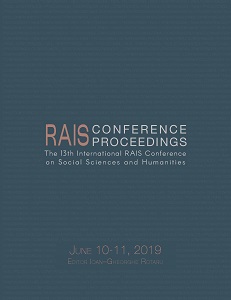Emilio Uranga and the Communal Role of Melancholy in Postcolonial Korean Culture
Emilio Uranga and the Communal Role of Melancholy in Postcolonial Korean Culture
Author(s): Carmen Huxley
Subject(s): Review
Published by: Scientia Moralitas Research Institute
Keywords: communal melancholy; Emilio Uranga;
Summary/Abstract: ABSTRACT: Melancholy has long been considered a negative state of being. However, negative interpretations fail to appreciate its positive potential. Melancholy and its effect can potentially benefit, not just an individual but a community. Changing attitudes towards the idea of melancholy in American culture may happen if the strategy of defining it is adapted. This paper focuses on how Emilio Uranga defines melancholy and how his philosophy can benefit a better understanding of melancholy in a communal dimension. The role of communal melancholy in Korean culture after colonialization exemplifies the way in which melancholy presupposes and manifests freedom and is a condition of authenticity.
Book: Proceedings of the 13th International RAIS Conference on Social Sciences and Humanities
- Page Range: 340-344
- Page Count: 5
- Publication Year: 2019
- Language: English
- Content File-PDF

